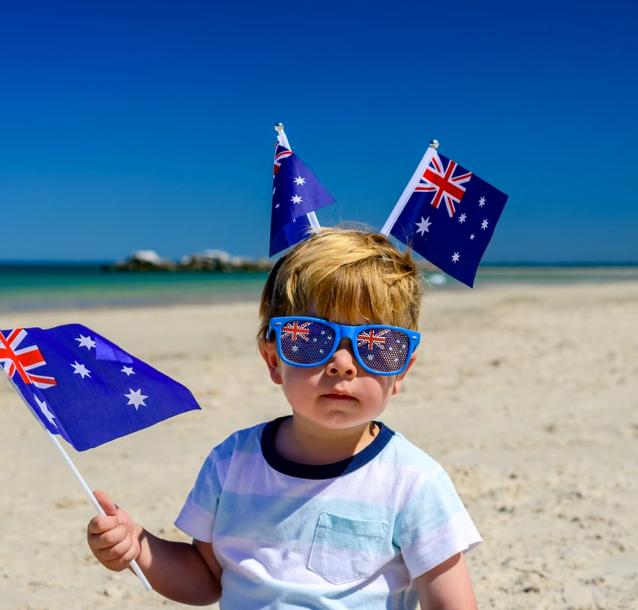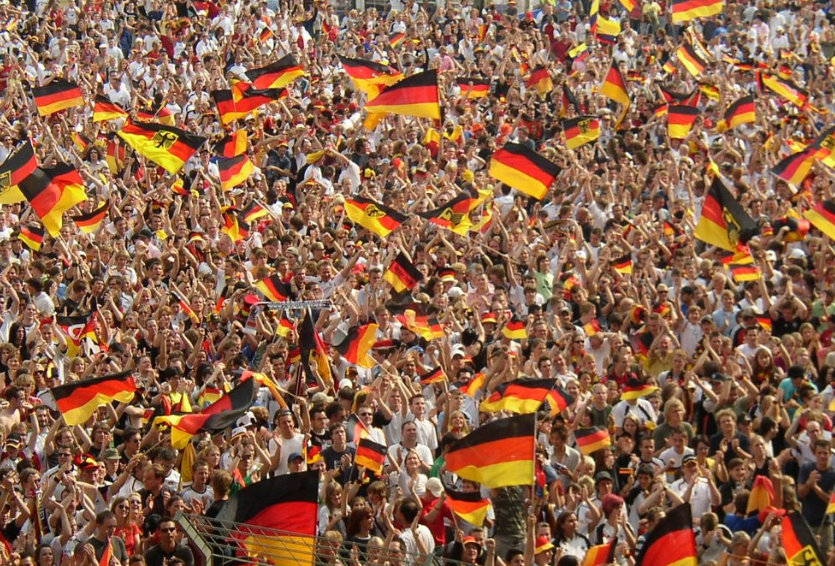Let’s explore the Denmark National Festival. Denmark, known for its rich cultural heritage and vibrant traditions, hosts numerous festivals throughout the year that reflect the essence of the country’s spirit. One such celebrated event is the Roskilde Festival. In this article, we will dive into the details of this festival, exploring its history, significance, and the unique experiences it offers.
History of Roskilde Festival
The Roskilde Festival, often referred to as Denmark’s National Festival, has a captivating history that dates back to 1971. The festival was founded by two high school students, Mogens Sandfær and Jesper Switzer Møller, who were inspired by the Woodstock Festival in the United States. Over the years, Roskilde Festival has grown exponentially, evolving from a small-scale gathering to one of Europe’s most iconic music festivals.
Denmark National Festival: Venue and Atmosphere
Roskilde’s Iconic Venue
Situated in the historic city of Roskilde, Denmark, this festival unfolds on a sprawling 80-hectare site adjacent to the beautiful Roskilde Fjord. The picturesque surroundings provide festival-goers with a unique and immersive experience, where nature and music coalesce.
A Cultural Melting Pot
Roskilde Festival is not just about music; it’s a cultural extravaganza. Attendees from all corners of the globe gather here to celebrate diversity and unity. This diverse blend of cultures creates an atmosphere like no other, where people come together to enjoy music, art, and each other’s company.
Denmark National Festival: Music Lineup
International Acts
Roskilde Festival boasts an impressive lineup of international and local artists across various genres. From rock legends to emerging indie bands, the festival caters to diverse musical tastes. It’s not uncommon to see world-famous headliners sharing the stage with underground gems.
Promoting New Talent
One of the festival’s unique aspects is its commitment to promoting new talent. The ‘Rising’ stage showcases up-and-coming artists, giving them a platform to reach a broader audience and kickstart their careers.
Denmark National Festival: Community and Charity
Non-Profit Ethos
Roskilde Festival operates as a non-profit event, with all proceeds dedicated to charitable causes. The festival’s ethos is deeply rooted in giving back to society, and this altruistic approach has made it a standout event in the world of music festivals.
The Orange Feeling
Festival-goers often refer to the sense of community and camaraderie as the ‘Orange Feeling.’ It’s an atmosphere of togetherness, where attendees not only enjoy music but also actively participate in creating a positive and inclusive environment.
Sustainability Efforts and Denmark National Festival
Sustainability at Its Core
Roskilde Festival is a pioneer in sustainable event management. From waste reduction to renewable energy sources, the festival sets high standards for minimizing its environmental impact.
Activism and Awareness
In addition to promoting sustainability, the festival also raises awareness about global issues. Through workshops, talks, and interactive exhibits, it encourages attendees to be socially responsible and engaged citizens.
Denmark National Festival: Unique Festival Experiences
Camping Adventures
Many festival-goers opt to camp on-site, adding an adventurous dimension to their Roskilde experience. The campgrounds are a vibrant hub of social interaction, making lifelong memories.
Art Installations
Art enthusiasts will find themselves immersed in a world of creativity. Roskilde Festival showcases a wide array of art installations that engage the senses and spark meaningful conversations.
Conclusion
The Roskilde Festival is not merely a music festival; it’s a celebration of culture, community, and consciousness. With its rich history, commitment to sustainability, and diverse musical lineup, it continues to capture the hearts of people worldwide. The ‘Orange Feeling’ that permeates the festival grounds leaves an indelible mark on every attendee, fostering a sense of unity and shared purpose.
FAQs
- How did the Roskilde Festival get its name?
The festival is named after the city of Roskilde, where it takes place annually.
- What is the significance of the color orange at the festival?
The color orange symbolizes the festival’s unique sense of community and togetherness, often referred to as the ‘Orange Feeling.’
- Are there any age restrictions for attending the Roskilde Festival?
The festival is open to people of all ages, but there are specific camping areas designated for families and young children.
- How can I contribute to the charitable causes supported by the festival?
You can contribute by purchasing a festival ticket, as all proceeds go towards various charitable initiatives.
- What is the best way to get to Roskilde Festival from Copenhagen?
The most convenient way is by train, as there is a direct connection from Copenhagen to Roskilde during the festival period.
Conclusion
In this comprehensive article, we’ve delved into the vibrant world of the Roskilde Festival, offering insights into its history, cultural significance, and unique experiences. Whether you’re a music enthusiast, an art lover, or simply someone looking to immerse yourself in a diverse and inclusive community, the Roskilde Festival has something to offer for everyone. Don’t miss the chance to be a part of this incredible celebration of music and culture!
References
- “Roskilde Festival.” Official Website. https://www.roskilde-festival.dk
- “Roskilde Festival: 50 Years of Music and Activism.” CNN Travel. https://www.cnn.com/travel/article/roskilde-festival-denmark-history/index.html
- “How Roskilde Festival Became Europe’s Biggest Music Festival.” The Local Denmark. https:/www.thelocal.dk/20190704/how-roskilde-festival-became-europes-biggest-music-festival

